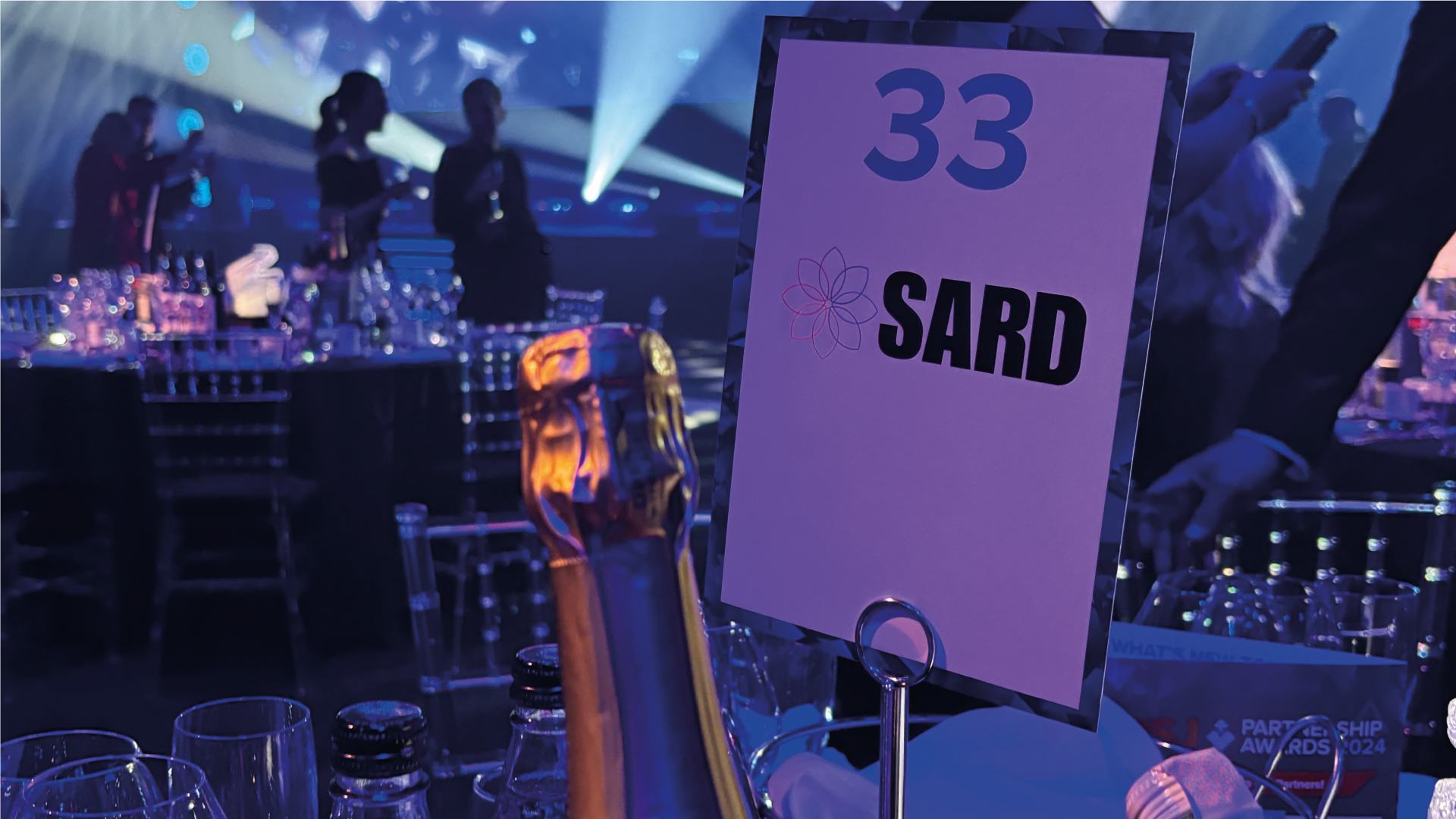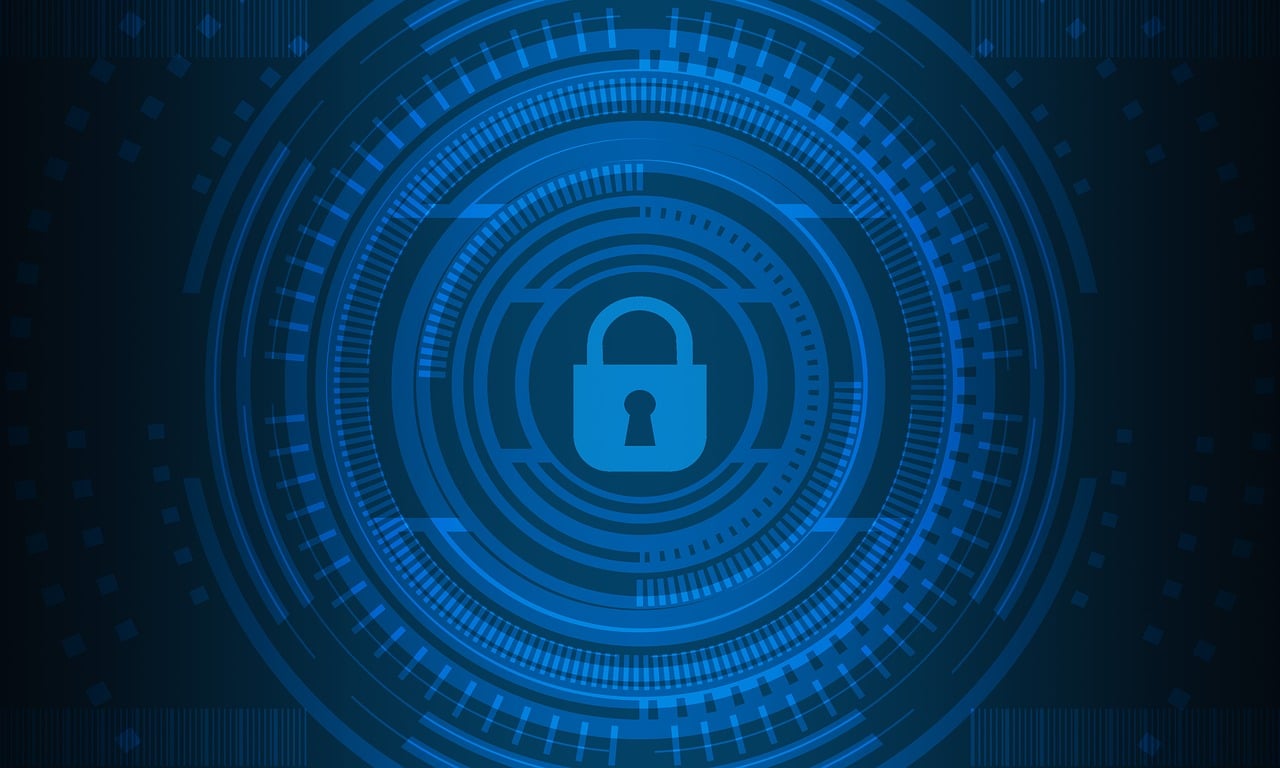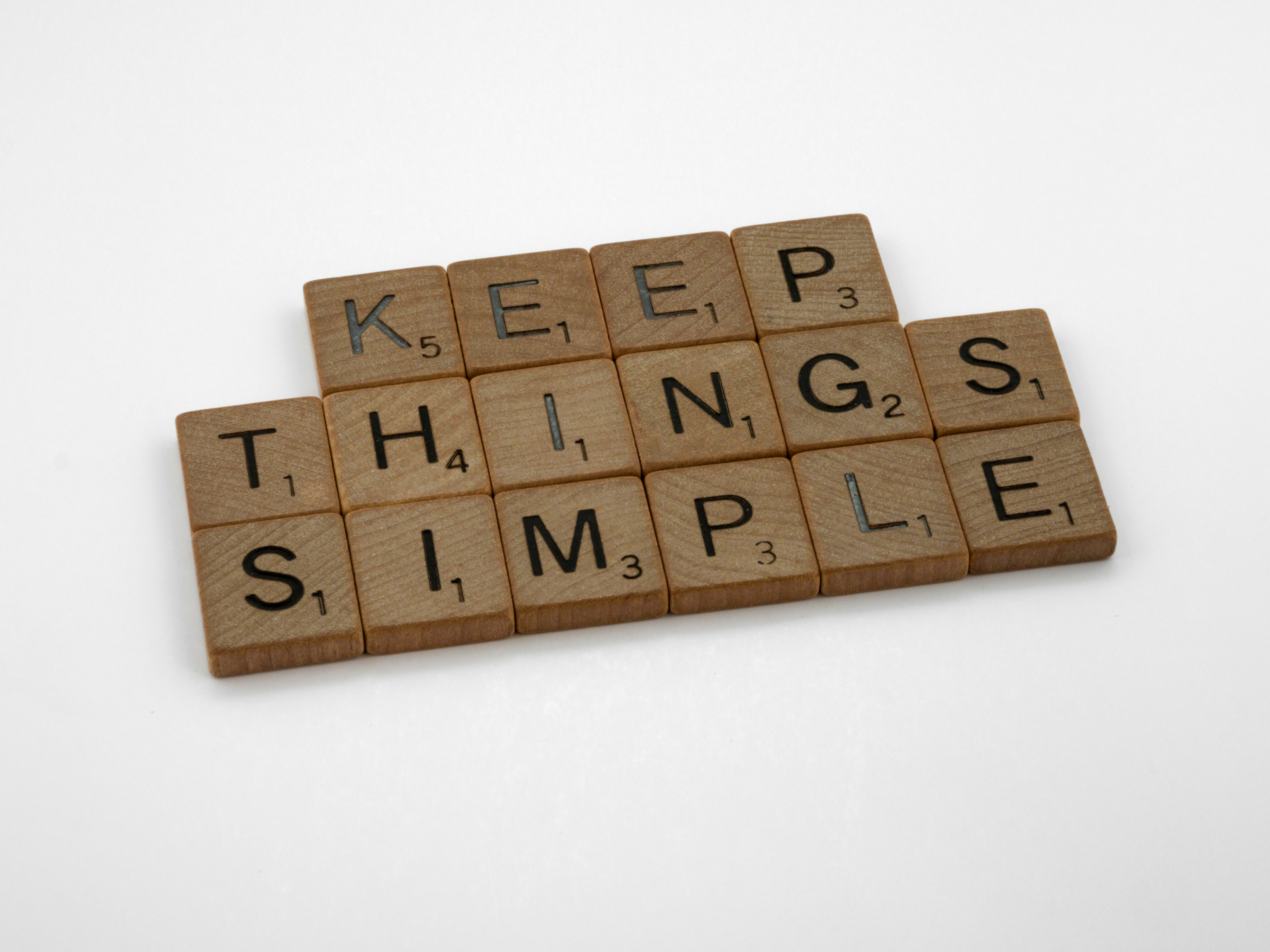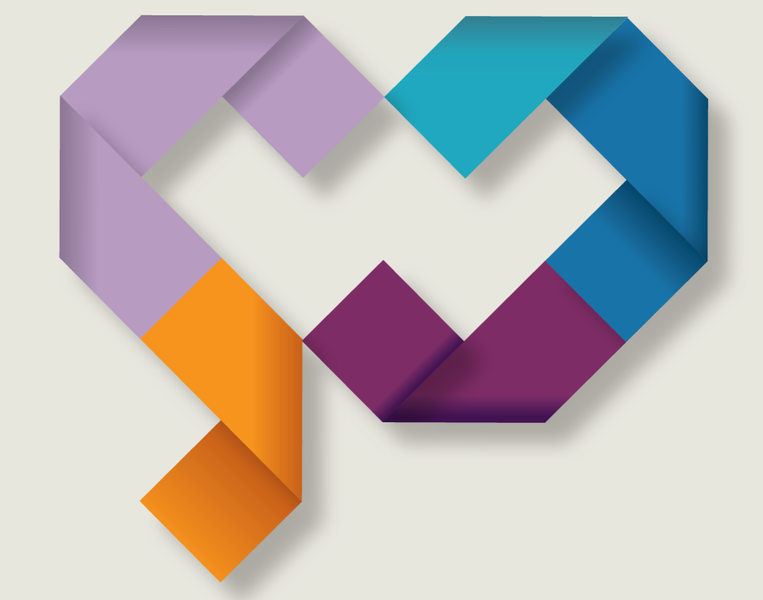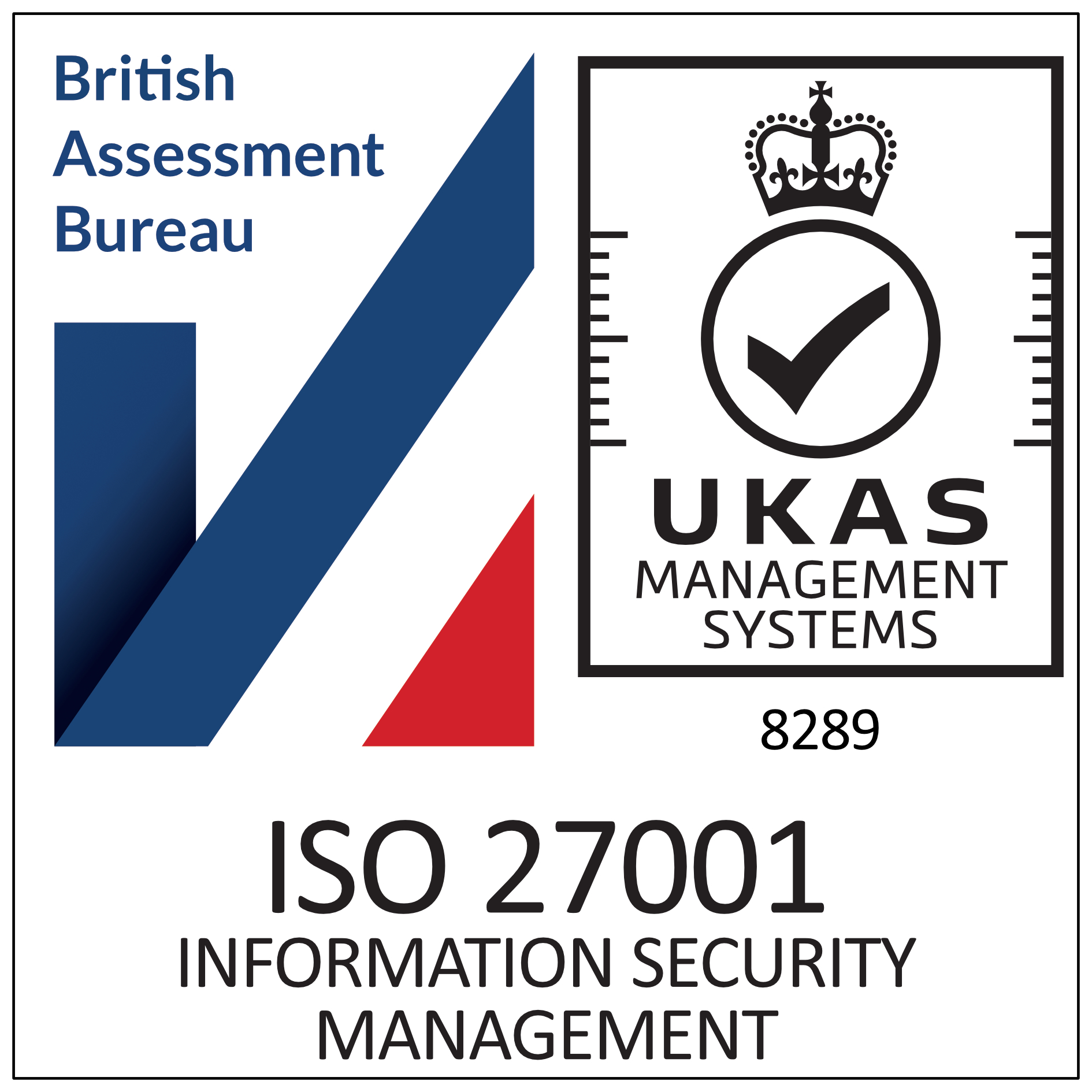How AI is going to change medicine forever.
I believe Artifical Intelligence is going to fundamentally change our world. Over the course of a year, I meet hundreds of doctors who are using our system to input their appraisal information and it surprises me how few anticipate AI to play a role in their future career.
At a recent training seminar, a junior doctor became interested in our business. After the presentation, he confided his ambition to do something similar. It made me consider his options. What would I do if I were him? What would be the best route for a young medic looking to get maximum leverage from his career? And by leverage, I don’t mean money, power or status, I mean making the greatest impact on the world. Not another botox clinic, but something meaningful that satisifes that yearning to care and heal that presumably draws a doctor to the vocation in the first place. What’s the horizon for a newly qualified doctor? What does the next 30 years of medicine look like? What would I put in my appraisal / career plan?
I couldn’t help but suggest he take a look at AI. “It’s going to radically change your profession and our world”, I suggested. He didn’t look so sure. I guess it shouldn’t come as a surprise that he was less enthusiastic. Medicine has been transformed by vaccines, antibiotics, and diagnostic tools, but the fundamental approach hasn’t changed. The modern doctor accumulates knowledge and intelligently applies it to relieve pain and suffering in the same way Hippocrates did 2500 years ago; albeit with much more sophisticated weaponry. I was implying a major change. I was prophesizing a revolution. Frankly, I was starting to sound like a crank.
Like all insane, clairvoyant cranks, I’m going to get in my time machine, head to 1973, and suggest the same thing to a young Gary Kasparov. Chess is almost as ancient as Western Medicine, dating back to 200 A.D. It’s had its revolution. For 2000 years, chess players have played the same way that Kasparov was playing in 1973. But within the course of Kasparov’s career, that well trodden, traditional approach, would be changed radically and forever. In 1997 Kasparov would become the first world champion to lose a match to a computer under standard time controls, when he lost to the IBM supercomputer Deep Blue.

By the time Kasparov retired from professional chess in 2005, supercomputers consistently beat the best humans. There’s a chess rating system called Elo in which higher numbers are better. The current World Chess Champion Magnus Carlsen has the highest Elo score ever recorded by a human at 2889. As of January ‘18, the highest rated computer system is Stockfish and has an Elo rating of 3560.

Now, I can hear the protestations already - “Chess is a very narrow context game. You can’t possibly compare the conditions with the broad, diverse, and nuanced complexity that, for example, a GP may see in her surgery?” And you’d be right. There’s a twist to this tale! Even if a doctor surgery were similar to the bounded environment of a chess board, there would be no need to hang up your stethoscope and embrace our robot overlords. Computers aren’t the best chess players in the world. Yes, a computer can always beat a human BUT there is something that’s even better than both. The best chess player in the world is… a computer/human hybrid! And in an ironic turn, Gary Kasparov is one of the pioneers of this emerging form of Chess called Advanced Chess or Centaur Chess. In a May 2017 interview, Kasparov was asked if he still thought it was “the case that a human paired with a set of programs is better than playing against just the single strongest computer program in chess?”
“There’s no doubt about it”, he responded. “It depends on the qualification of the operator. By the way, I exclude myself from this category because I’m not a very good operator. I’m a very good chess player. A great operator does not have to be necessarily a very strong player. Someone who can work out the most effective combination, bringing together human and machine skills. I reached the formulation that a weak human player plus machine plus a better process is superior, not only to a very powerful machine, but most remarkably, to a strong human player plus machine plus an inferior process.”
Wow. Let’s just let that sink in. What an impact this would have on the career of an AI enabled medic! Correctly harnessing the power of AI would not only give that doctor super-computer powers but super-human powers too.
Let me back up and show why that might be the case. First, we need to understand something important about AI. Artificial Intelligence can broadly be broken down into two groups; general-purpose AI and narrow purpose AI.
Narrow purpose AI is already here; reading and writing your emails, identifying your photographs, sorting through cat photos to sequence your DNA, recognising your faces, and - hopefully soon - safely driving your car.
General-purpose AI is a long way off. Much like nuclear fusion, it’s been 10 years away for decades. It hasn’t stopped anyone from trying though and the results have either been sinister, comedic or both. Such as Microsoft’s Twitter Chatbot that went from “humans are super cool” to Full Nazi in less than 24 hours. Or Amazon’s attempt to get AI generated phone cases…

Don’t let the never-ending promise of general-purpose AI convince you that narrow purpose AI isn’t already here and making an impact NOW. As I’ve stated before, computers are terrible when it comes to broad context. That’s why they’re not intentionally funny or creative. They’re great at detailed, fastidious data mining. When the terrain is simplified and once the pieces are already in play, they’re super human at mapping out the possibilities and thus the prescriptions. In Chess, computers have the advantage once the game is underway. Humans have the advantage in the opening moves. Consider that in a world where patients arrive with a continuous blood monitor, their DNA mapped, blood marker results, a gut microbiome analysis and a detailed inventory of everything they’ve ever eaten. That’s a world where a computer can correctly identify a starting position it has seen before. Patients are bringing data to simplify the context. The opening moves have been made.
Now, the AI machine in your surgery is screaming that the patient is about to have a heart attack. It takes a human to zoom out and see the broader context; to spot the carrier bag from the off-licence that the patient brought with them. Or to be aware of some wider social context; like a family bereavement. An AI enabled surgery may require a doctor to be more human. It might be time to consider a career as a ‘great operator’ and leave the diagnosis to our humourless computer companions because in that hybrid computer/human sweet spot, great things can happen.




